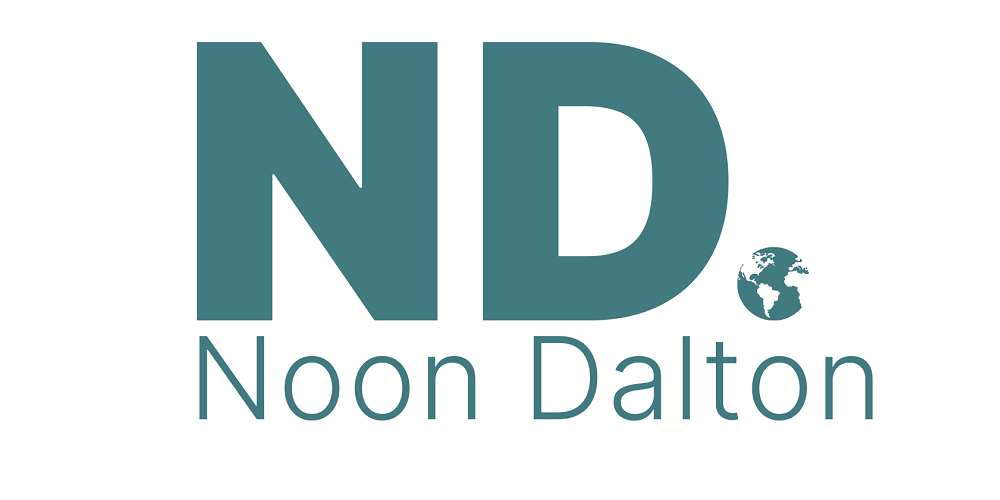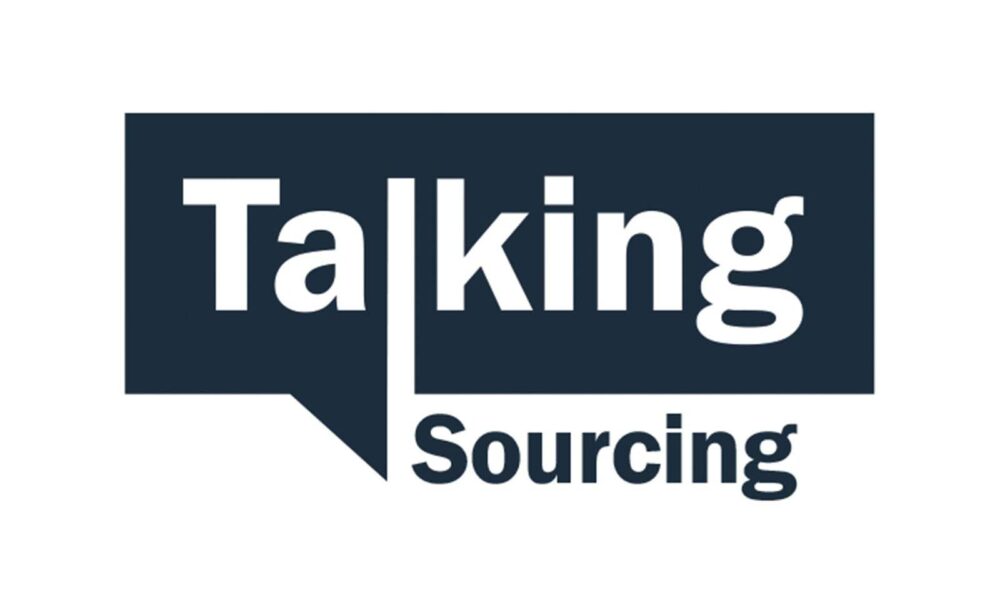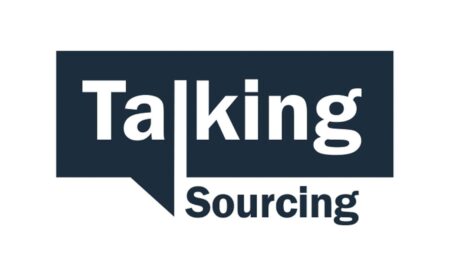This week the Liverpool Echo announced that almost 1,000 jobs were now saved after The Contact Company, a contact centre company based in Birkenhead, had been acquired by the British work-from-home specialists Sensée.
The Contact Company (TCC) was hit by a cyberattack in 2022 and has struggled ever since. The cost of recovery combined with a difficult post-pandemic market meant that the company was swimming against the tide and eventually called in administrators – who quickly arranged the pre-pack deal with Sensée.
A pre-pack administration deal allows a company facing insolvency to be quickly sold so their ongoing business can continue uninterrupted with the new owners on board.
A few days ago, Sensée had just over 1,000 employees and TCC had just under 1,000. On the surface this looks like a great deal. In the period from 2015 to the Covid pandemic, TCC had doubled their revenue and created a strong growth trajectory that was only interrupted by the cyberattack. Sensée has developed a reputation as the UK’s leading expert in customer service using 100% work-from-home employees.
Last night I called Steve Mosser, the Group CEO at Sensée and Asif Hamid, CEO at TCC. They were together in Liverpool and took some of my initial questions about the deal.
Asif started by talking about how well the two companies complement each other. He said: “Sensée has a great proposition for financial services and regulated industries. They know organisations like the Financial Conduct Authority really well. We have been very targeted on retail, eCommerce, and a small amount of financial services. This now gives us the ability to grow, enhance our services, and look at additional market sectors.”
Steve also said that the addition of an in-office option to the Sensée work-from-home model will allow them to talk to some financial service clients that have previously discussed working on additional services, but were keen to add the security of agents being based inside a secure facility.
Steve said that the innovative technology used by Sensée would be quickly rolled out across the group. He said: “Our LiveDesk system creates a digital workspace and brings people together from across the organisation – they can be in an office, in a temporary workspace, or working from home and yet it allows them to all work as a team.” Steve added: “This is step one for us. We will inject these technologies so we can drive productivity using tools like LiveDesk, but also our micro-scheduling tools that allow us to plan exactly when people are needed to support clients.”
I asked Asif and Steve to answer the most common question around customer service in the UK – how to manage costs locally. If specialists are offering similar services from locations such as Egypt or South Africa at a lower cost then why should British companies continue to work with local customer service specialists?
Asif said: “I can remember almost 20 years ago when many customer service jobs were returning from offshore back to the UK – it was all about quality of service then and this has not changed.” Asif added: “Some companies will want offshore services, we can’t ignore this, but we know that we can offer very effective solutions here in the UK that use technology to drive greater productivity and offer a much more collaborative working environment – so companies really need to understand what they can get locally when compared to offshore services.”
Steve added: “Many UK companies prefer to serve their customers locally, some even have a mandate to do this. However, any UK company should look at more than just the headline cost of service because I think that if you apply our micro-scheduling and optimisation technology then the cost per customer interaction is very similar. I feel that there is an opportunity to offer much greater value from the UK, rather than sending customer processes far away and just hoping that it will all work.”
IBM publishes one of the biggest annual studies focused on cybersecurity. Their most recent report estimated the average cost of recovering from a cybersecurity incident was around $4.5 million. Add the problems of trying to remain operating during recovery, and the damage to a hard-won reputation, and it is clear to see how TCC may have struggled in the past, but could be a very strategic acquisition for Sensée.
This is also a very interesting story about service delivery from the UK. As Steve and Asif both acknowledged, service delivered from the UK cannot be as low cost as a similar service delivered from Sub-Saharan Africa or Asia. However, for companies that are focused on generating value from customer interactions and delivering a high quality level of service there is still a very strong argument to work with companies like this.
Sensée also has this deep knowledge of technology that can enable greater value in customer service processes. LiveDesk is what every company needed during the pandemic – a way for teams to work together no matter where the individuals are located. Micro-scheduling ensures that agents can work more flexibly and call volumes can be managed with the right number of people.
The BPO industry has seen a wave of mega-mergers over the past year. Analysts have generally not been receptive, seeing a focus on size rather than innovation and complementary expertise.
None of these criticisms applies to this acquisition. Sensée gains new clients in new industries and the ability to offer in-office and hybrid solutions. TCC gains a pathway out of insolvency that also builds a future for the business after a tough and unpredicted body blow. This creates a strong UK option for customer service processes for British companies that want to keep on serving customers locally, but also need innovation and smart solutions.
A bonus episode of the CX Files podcast features the audio recording of this call. Please click here to listen or search your favourite podcast app for CX Files.












